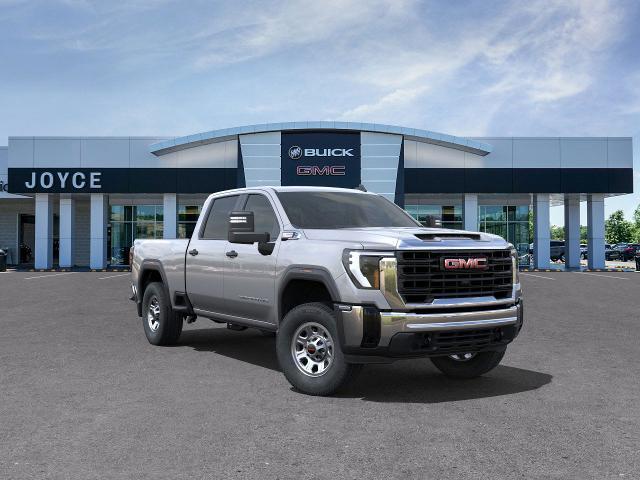Buyers of old cars typically have two choices: either they buy straight from an individual seller or from a dealership. Every choice includes benefits and negatives based on things like cost, dependability, and accessible used trucks in avon services. Knowing the main variances will enable consumers to make wise decisions.
- Pricing and Negotiation
Pricing is among the biggest variations between individual sellers and dealerships. Dealerships usually establish higher rates since they provide financing choices, warranties, and inspections, among other services. Since they do not have overhead expenses like dealerships, individual sellers often list their cars at less pricing, though. Dealing with an individual usually allows negotiation to be more flexible since private sellers are typically more ready to cut the price. Unlike this, dealerships have defined price policies even if they might run specials or discounts.
- Vehicle Condition and Inspection
Usually before selling a used car, dealerships do extensive inspections and repairs. Many dealerships additionally offer a certification process guaranteeing the car satisfies particular quality criteria. Purchasers from a dealer may usually rely on the car having mechanical and safety issues checked. Private vendors might not, however, do official inspections. Purchasers have to be careful and follow the required procedures to evaluate the state of the car. Before making a buy from a private seller, it is important to have a mechanic check the automobile.

- Legal Documentation and Paperwork
The documentation procedure is more orderly and safer when buying from a dealership. Dealers smooth out the process for consumers by handling all required paperwork, including finance agreements, title transfers, and registration. Using private sellers, the buyer is in charge of making sure all documentation is accurately filled out. Legal problems can arise from any mistakes or absent records. Before closing the transaction, buyers have to confirm the title, registration, and any loan-related information.
- Warranty and Return Policy
Purchasing from a dealership has one main benefit in that warranties are readily available. Many shops provide certified used trucks in avon programs or limited warranties to give consumers more defense. Certain even offer return policies whereby consumers may return the car within a designated period.
Whether one prefers a dealership or a private seller will rely on personal priorities and tastes. While individuals looking for lower costs and flexible negotiating can choose private sellers, those seeking dependability, warranties, and a simpler transaction procedure might choose dealerships. Whichever the decision, a wise investment depends on doing extensive research and vehicle inspections.




